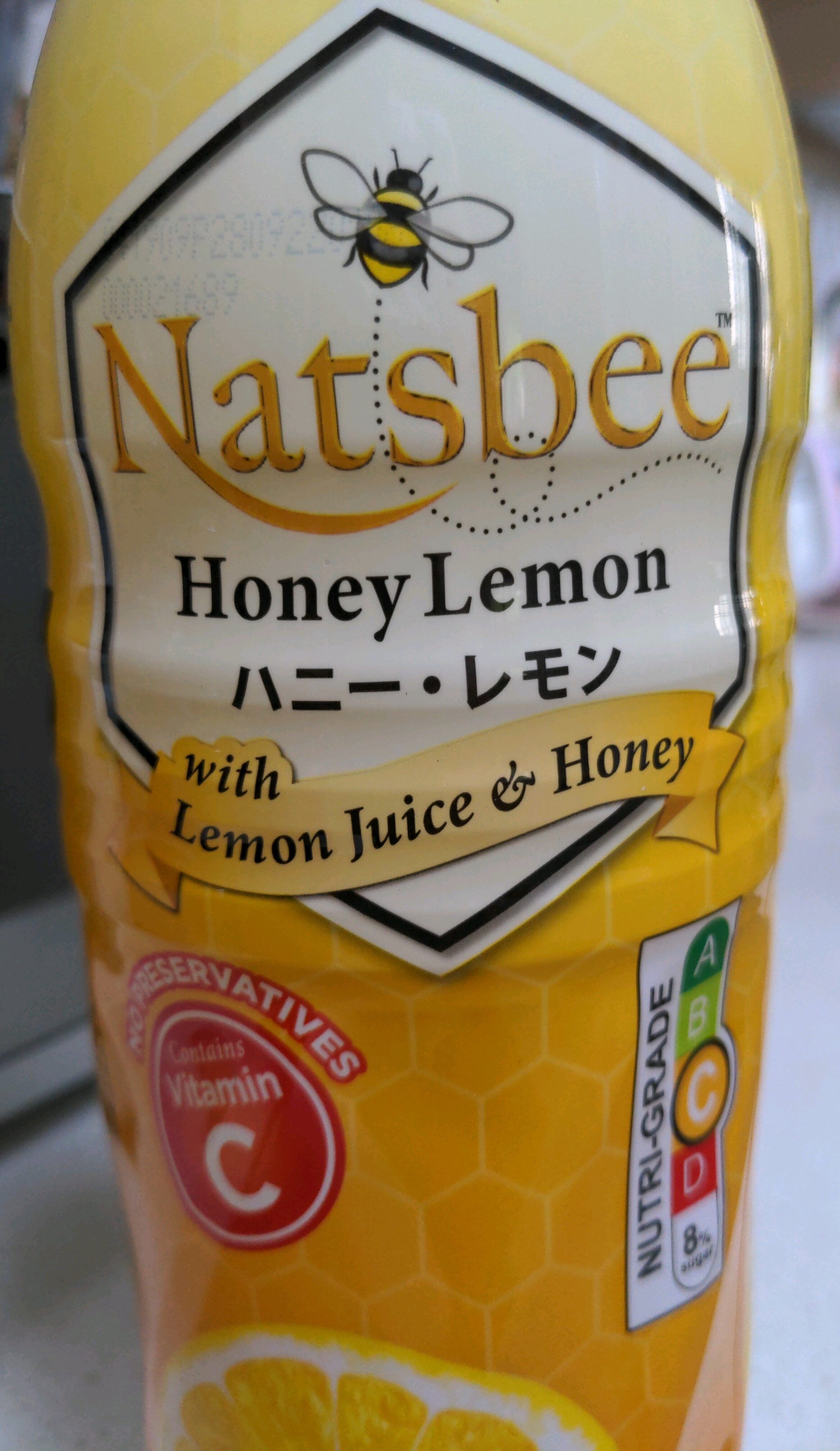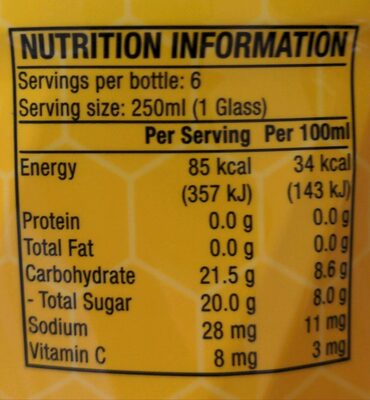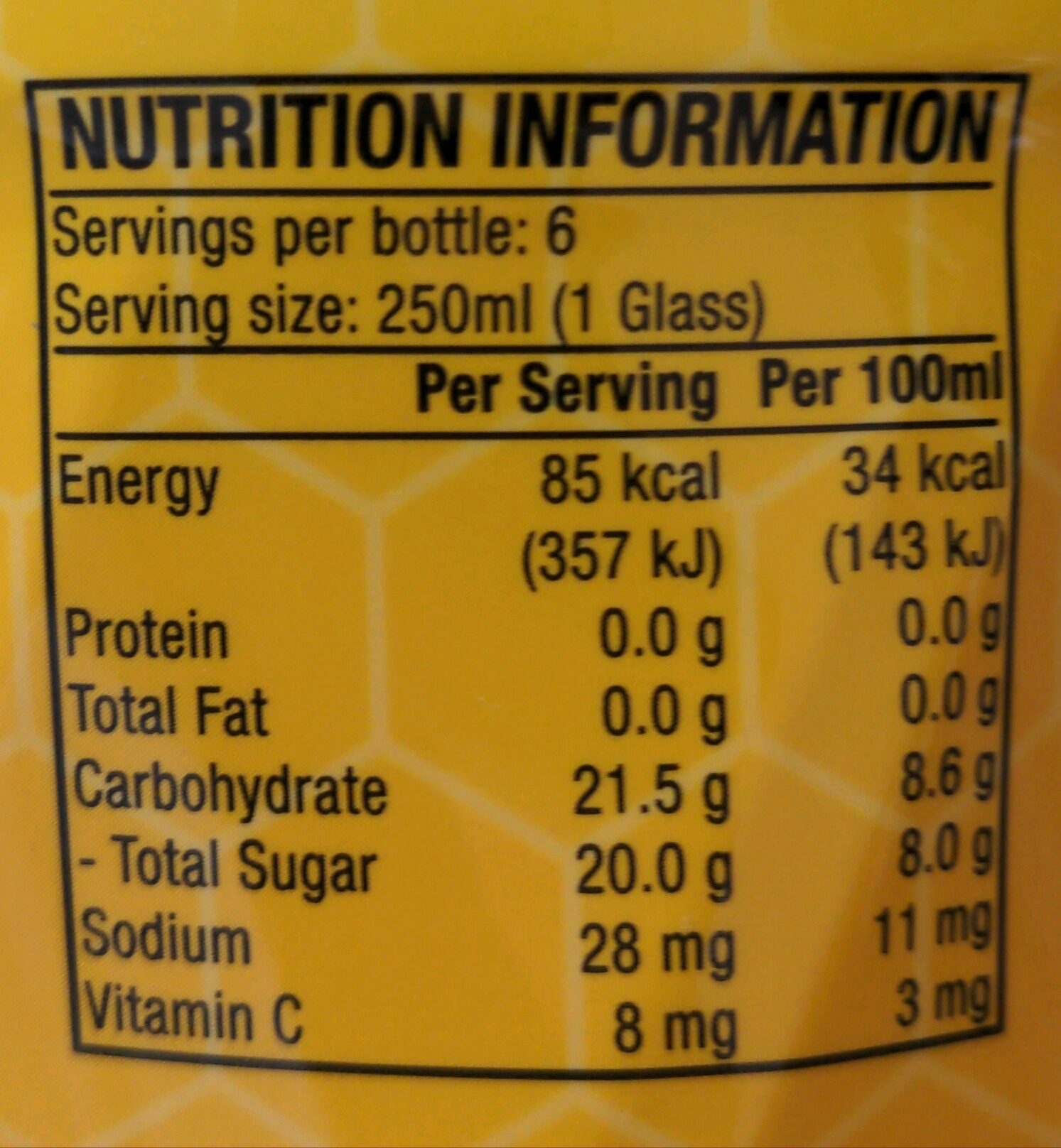8888196176912
This product page is not complete. You can help to complete it by editing it and adding more data from the photos we have, or by taking more photos using the app for Android or iPhone/iPad. Thank you!
×
Barcode: 8888196176912 (EAN / EAN-13)
Categories: Plant-based foods and beverages, Beverages, Plant-based beverages, Carbonated drinks, Fruit-based beverages, Sodas, Fruit sodas, Lemon soft drinks
Labels, certifications, awards:
Halal, No preservatives
Countries where sold: Singapore
Matching with your preferences
Environment
Packaging
Transportation
Report a problem
Data sources
Product added on by ibwocoruytrc
Last edit of product page on by ibwocoruytrc.
If the data is incomplete or incorrect, you can complete or correct it by editing this page.










